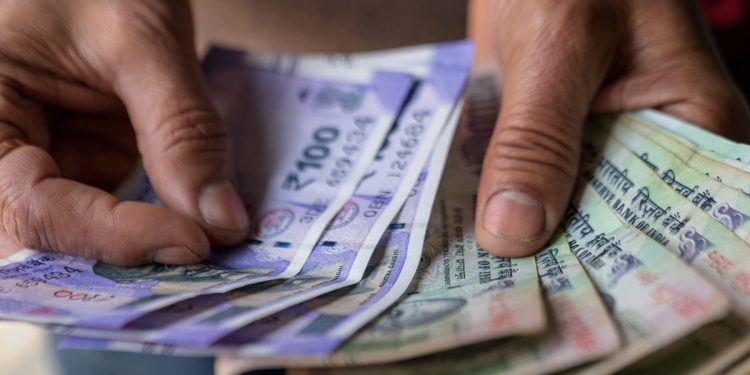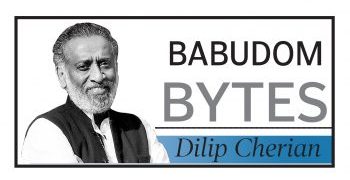The Centre has slashed interest rates on popular small savings schemes – a mainstay of nearly half of the nation’s population, especially the village poor and the urban elderly by anywhere between 70 basis points and 140 basis points. The alibi bandied about by the government for the sharp cut in the interest rates is that it became inevitable pursuant to the 75 basis point cut in the repo rate by the Reserve Bank of India (RBI). The Public Provident Fund (PPF) will now earn an interest of 7.1 per cent, down from 7.9 per cent it gave to its depositors earlier. The interest rate on National Savings Certificates (NSC) has been whittled down by a massive 110 bps to 6.8 per cent. The Kisan Vikas Patras will now fetch an interest of 6.9 per cent down from 7.6 per cent it paid earlier. Similarly, the interest rate for 5-year Senior Citizens Savings Scheme (SCSS) was slashed by a massive 120 bps to 7.4 per cent as against 8.6 per cent it paid earlier, while that for savings deposits was kept unchanged at 4 per cent. Interest on SCSS was given away by the government every quarter. The Sukanya Samriddhi Scheme interest rate has dipped to 7.4 per cent from previous 8.4 per cent – a 100 basis point or 1 per cent interest rate cut. The latest measures by the Centre have defeated the much-acclaimed 75 basis bps repo cut, part of a basket of measures the central bank had taken last Friday to pump in liquidity in the system as part of its measures to fight the fallout of the dreaded coronavirus in the country. To this extent, the sharp reduction in interest rates on small savings schemes has militated against the spirit of the RBI’s aggressive policy push last week. It is worth noting that interest rates on small savings schemes are reviewed by the government every quarter and these rates are linked to yields on government bonds. As a large majority of people in the country, especially those who are economically disadvantaged depend on these savings instruments for their daily livelihood, their interest rates have always been few notches higher than that of bank deposits.
The sharp reduction in interest rates on small savings schemes is bad news for those investing in these products. Fixed-income investors, which include a large number of senior citizens, will now earn a lower rate of interest. Firstly, the sizes of the cuts are too high and secondly, their timing has made them completely uncalled for. The COVID-19 situation has impacted millions of livelihood in India, forcing the government and central bank to take drastic measures to provide relief to economically vulnerable sections of society. Finance Minister Nirmala Sitharaman last week had announced Rs 1.70 lakh crore worth of welfare measures for the poor which was followed by the RBI having cut the repo rate by 75 bps to prod banks to soften lending rates. That the government has slashed the rates during the novel coronavirus outbreak makes matters worse for millions of beneficiaries. Banks must have complained that they are not able to cut their deposit rates – a precursor to any cuts in lending rates – as high rates on small savings schemes prohibit them from doing so. If the government had few choices, it could have at least put a hold on the review till June end, or at least during the lockdown. But it was not to be. That the government has slashed the interest rates, possibly under the pressure of banks, begs the question whose interest does the government serve?







































